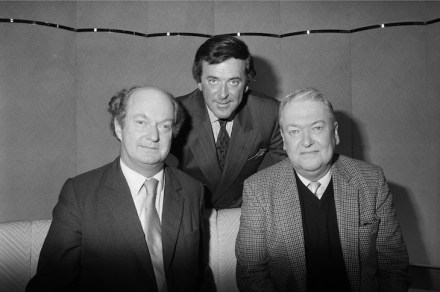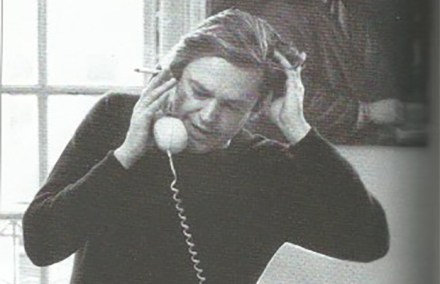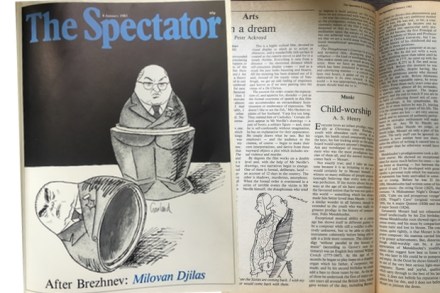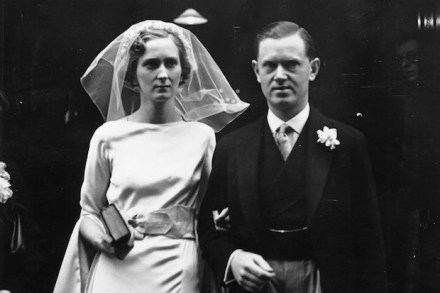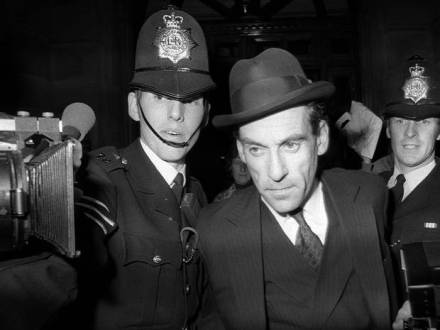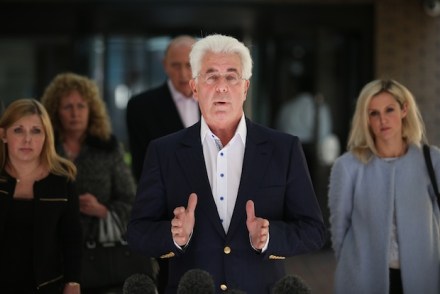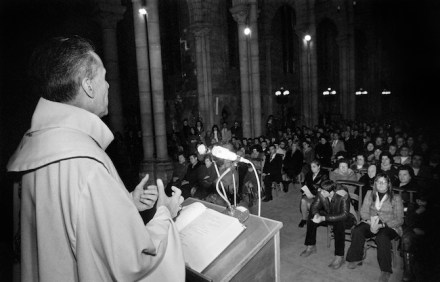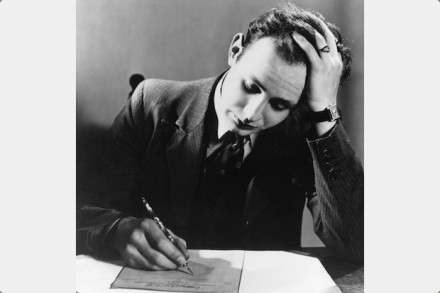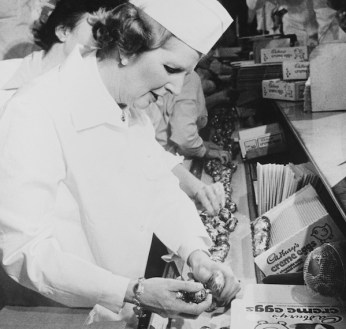Granada’s Brideshead Revisited remains the sine qua non of mini-series
It is 40 years ago today since Granada’s masterly adaptation of Evelyn Waugh’s Brideshead Revisited first beamed into British homes. This 11-part serialisation of a book originally entitled A Household of the Faith soon gathered millions of faithful householders. The autumn of 1981 was an especially cold and wet one and it was still too soon in the Thatcher premiership for her patron saint, Francis of Assisi, to have worked his magic. So while ITV was not able to deliver harmony, truth, faith or hope, it certainly provided 659 minutes of romantic escapism. It began very soberly with the credits — a simple black screen announcing the first episode’s actors in stark white script — propelled only by Geoffrey Burgon’s majestic score. The opening scene —




